Concerned about housing? Let’s not forget about the foundation
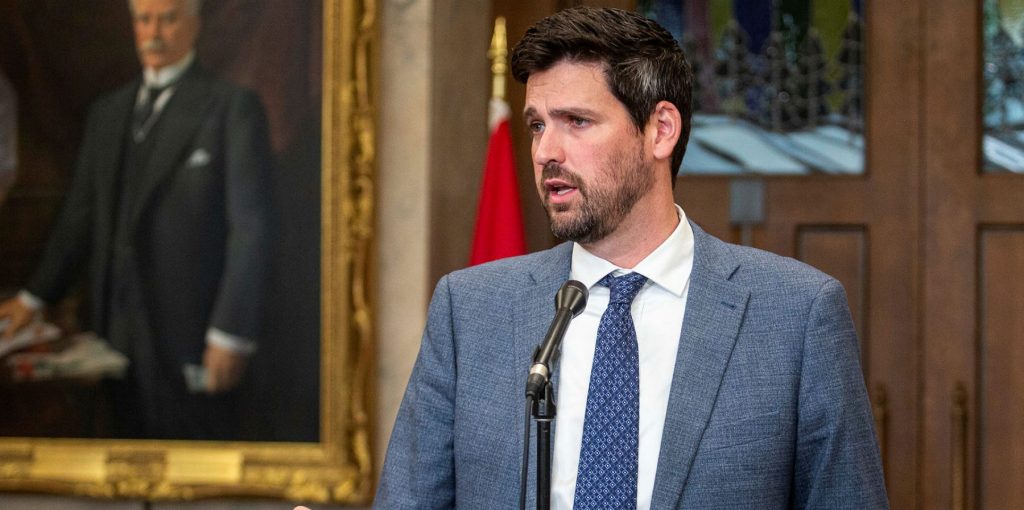
Solving Canada’s housing crisis means also paying attention to what lies beneath it.
Who can address Canada’s infrastructure needs?
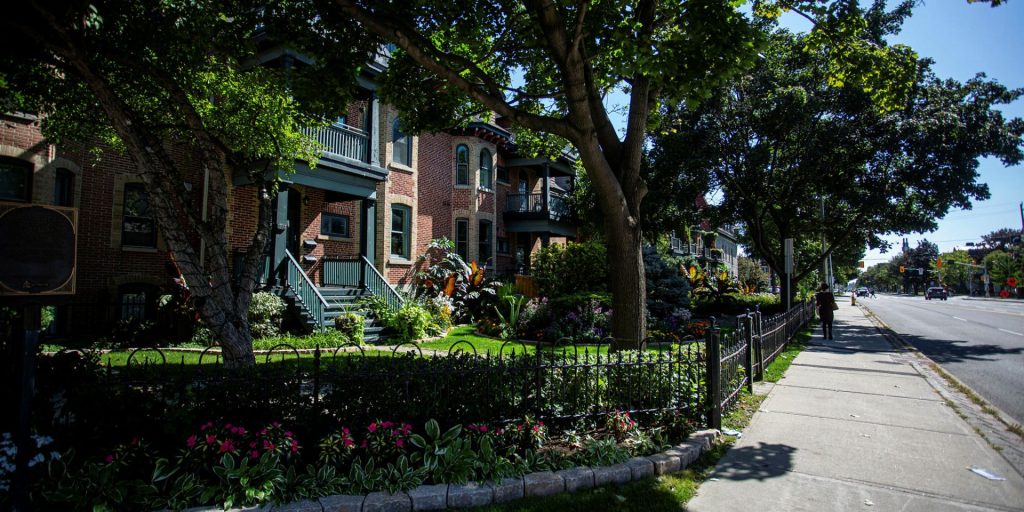
The federal government’s ‘peace, order, and good government’ emergency powers need to be invoked because surely the current infrastructure deficit, combined with the climate crisis, qualifies as an emergency.
Curbing international students not the answer to Canada’s housing crisis
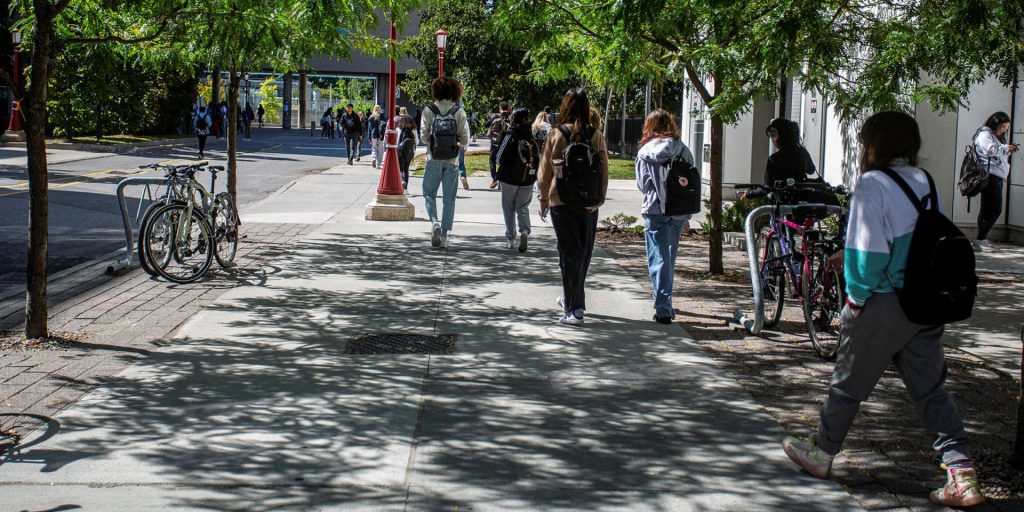
It would be harmful to address the housing shortage by curtailing the number of international scholars studying at our universities, especially when they contribute so much to our society.
‘NIMBY’-ism a topic of discussion at housing and transit conference in wake of Poilievre’s new housing plan

Pierre Poilievre’s hard-nosed approach to cities was not lost on city councillors, housing experts, and transit agency representatives who met in Ottawa this week.
New ‘post-partisan’ task force says Canada’s housing goal can’t compromise its emissions targets
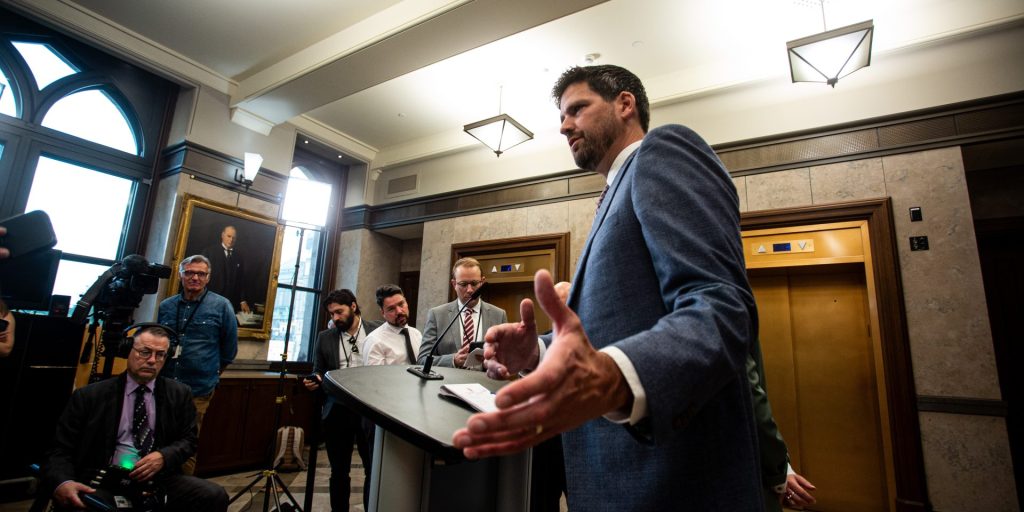
Co-chairs Lisa Raitt and Don Iveson say ‘partisan bickering’ doesn’t honour the complexity of addressing Canada’s ‘twin crises.’
It’s time to dispense with false narratives and look for real solutions to Canada’s housing crisis
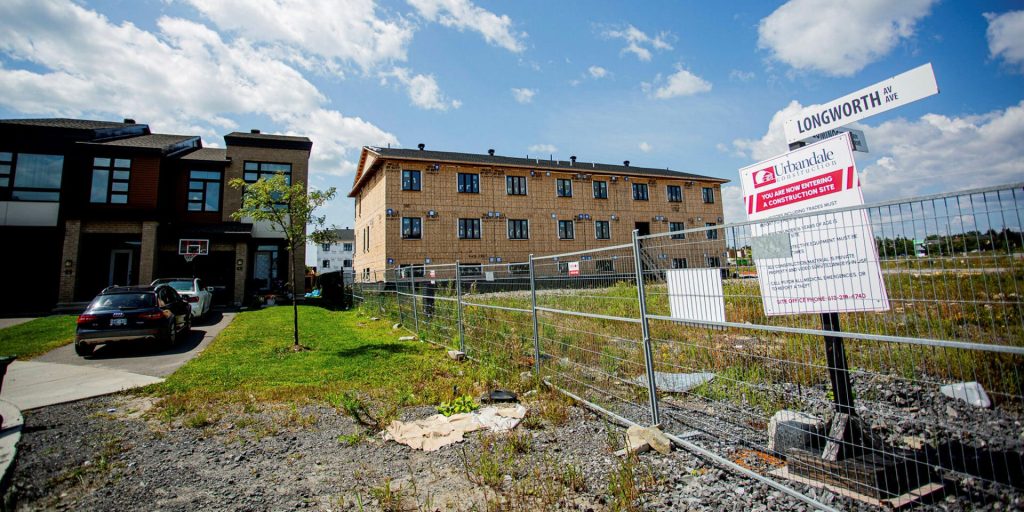
Scapegoating immigrants, refugees, and international students fans the flames of bigotry and hate, and also threatens the health of the Canadian economy.
Advocates call on federal government to support community land trusts as a way to preserve existing affordable housing
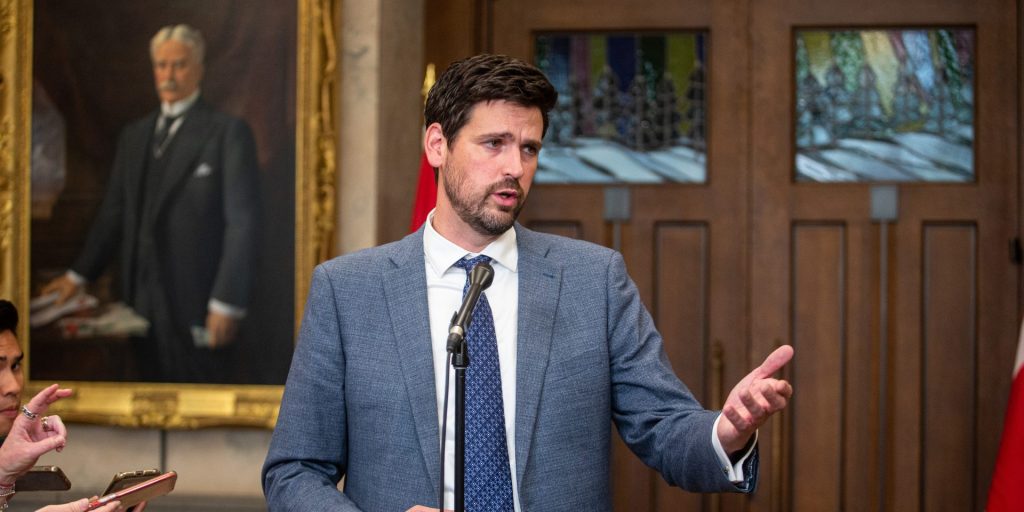
As Canada loses approximately nine affordable housing units for every new one that’s built, community land trusts have emerged as a vehicle for neighbours to come together to purchase and protect existing affordable housing.
Death by a thousand shadows: MacAulay must defend Canada’s Central Experimental Farm
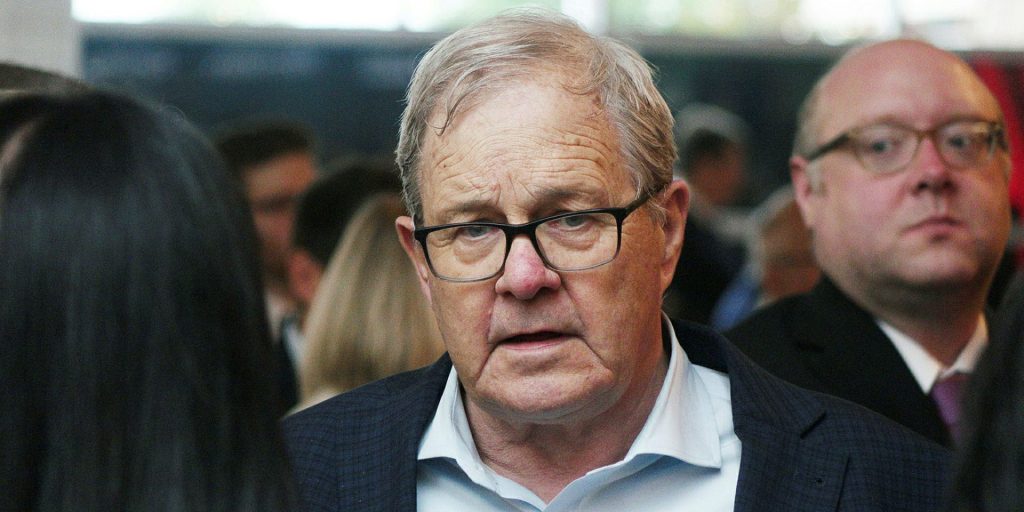
Development adjacent to the farm has implications that are unique, and, as such, the City of Ottawa and the federal government should work together to establish unique parameters for this area.
New housing minister cannot crack the code alone

We need all hands on deck to solve the housing crisis: a complex problem with competing jurisdictional interests.
Re-framing housing issue could offer Liberals a return to ‘sunnier ways,’ says policy expert who spoke at cabinet retreat
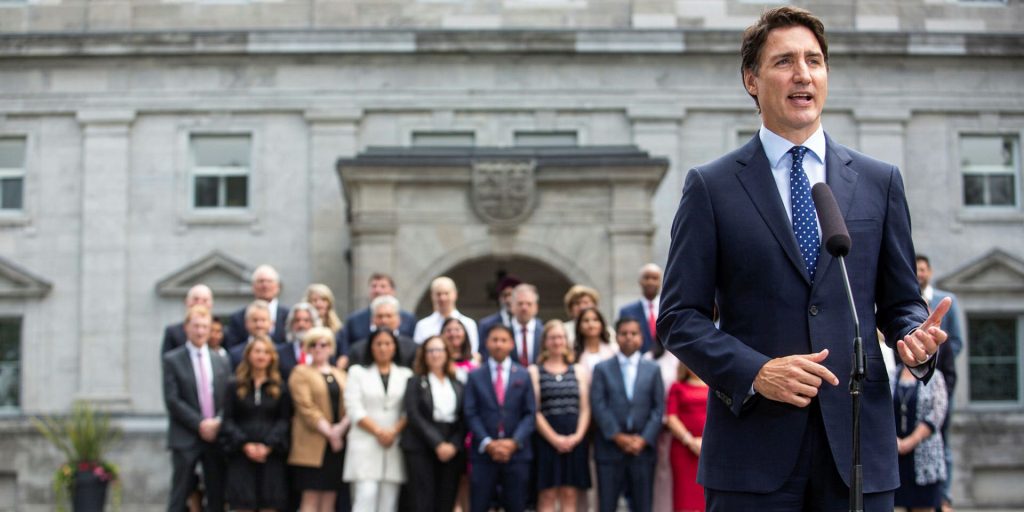
There has been a shift in priorities for millennial and Gen Z voters, and the Liberals are ‘not really hitting the mark on what issues young people care about,’ said Oksana Kishchuk of Abacus Data.

